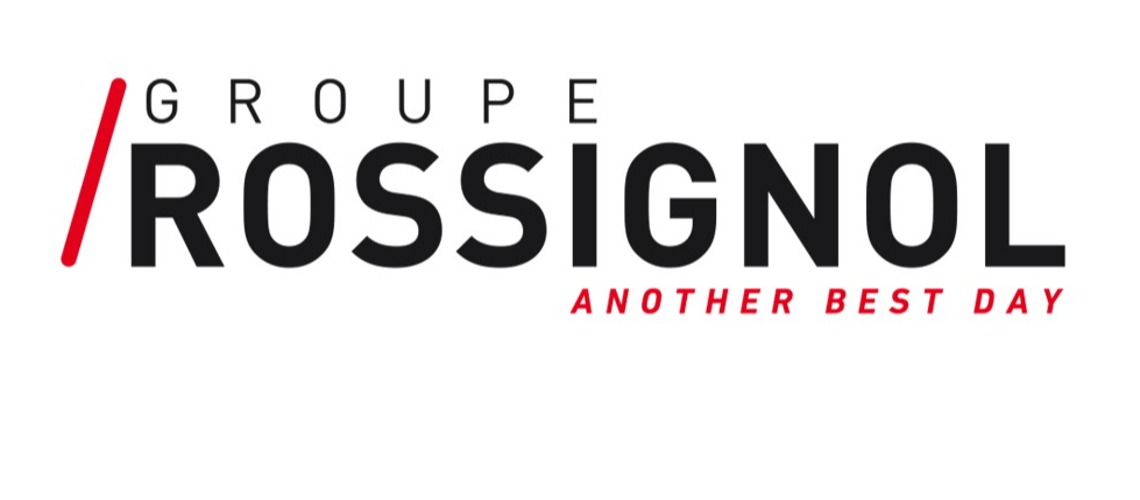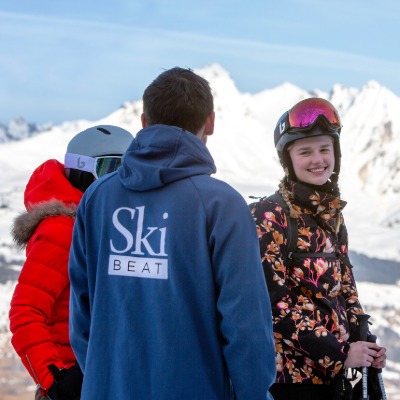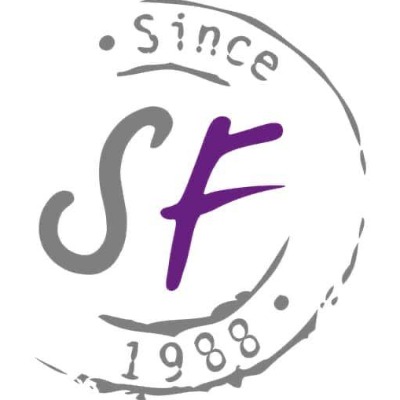Rossignol Group To Invest $50m In Three Years Targeting Revenue Growth, Sustainability Leadership

Rossignol’s strategic plan sets sights on $500 million in revenue by 2026 aligned with continuing push into four-season mountain products.
Targeting both significant revenue growth and category leadership in sustainable ski and outdoor products, the Rossignol Group this month unveiled a new strategic plan — called Ascension 2026 — that commits to investing $50 million between now and 2026 to achieve its goals.
The Ascension 2026 plan is centered around four pillars:
- Innovation to drive sport performance and reduce environmental impact — Invest to drive innovation for both sports and ecological performance, growing product offerings with a year-round mountain sports mindset.
- Placing industry at the center of transformation — Reinforce the anchoring of Rossignol’s production in France and Western Europe, increasing investments in its manufacturing facilities.
- Intentional commercial deployment — Diversify revenues through a global, multi-channel focus on equipment, clothing and footwear for different kinds of four-season mountain sports.
- Positively influence society and the mountain environment —Commit to a contributory and responsible business model that respects the mountain environments for which The Rossignol Group builds products, leading the way in sustainability, and showing that sustainability can coexist with performance.
“With this plan, we are moving Rossignol and its 115 years of history into the future, committing ourselves to creating sustainable, inclusive products for both summer and winter,” said President and CEO Vincent Wauters. “Through this roadmap, we will make industrial and environmental investments focused on renewable technologies and life-cycle management, including repairability, second-life uses and recyclability. Following on the heels of introducing the industry’s first recyclable ski, we will make our Sallanches site, the only ski factory in France, the world’s leading factory for eco-designed and recyclable skis.”
Wauters has also stated that Rossignol will use its investments and leadership position to drive revenue growth, targeting $500 million in 2026 (compared to $313 million for the 2021/22 fiscal year).
Within the $50 million it will invest in its brands over the next three years, Rossignol is targeting $27 million in industrial investments, $15 million of which is linked to its Respect environmental- and social-progress program. The remainder of this global figure represents investments in new products and their commercialization.
The four complementary platforms in Rossignol’s Ascension 2026 plan, each outline concrete projects and specific goals and targets :
INNOVATION TO DRIVE SPORT PERFORMANCE AND REDUCE ENVIRONMENTAL IMPACT
The Rossignol Group strongly believes that its continuous search for innovation, which has been in its DNA since the brand’s inception, must also contribute to increased sustainability and resiliency. Objectives Rossignol is committed to:
- Roll-out of products with improved repairability and upcycling from this winter looking forward. An example is Rossignol’s Essential skis, available for the current 2022/23 winter.
- One third of the skis manufactured by the Rossignol Group must be part of a circular economy or have an eco-driven approach by 2028.
Other focuses includes:
- The Rossignol Group has entered into a partnership with MTB Recycling, a leading player in recycling, to develop a new process around separation and repurposing of materials to improve the recycling of conventional skis. The Rossignol Group, including Dynastar, will develop new eco-responsible ranges through the coming years looking toward 2026 goals.
- Rossignol is collaborating with Fairly Made, an organization that helps companies foster change focused on sustainability, with the goal of providing transparent information about traceability, environmental efforts, and life-cycle analyses.
- Rossignol will add value by creating processes for repairability and upcycling of products at end of life. It is developing repair services at its Sallanches site and launching sales of second-hand products and ones with visual defects via its e-commerce site.
- The Rossignol Group will extend its product ranges beyond it’s core winter sports business, focusing on multi-sport mountain categories such as hiking, trail running and mountain biking as well as diversification in soft goods including clothing and footwear, aligning with the needs of new participants in these categories.
PLACING INDUSTRY AT THE CENTER OF TRANSFORMATION
The Rossignol Group will accelerate its commitment to a more sustainable/circular economy. Objectives include:
- Reduce Rossignol Group waste by 40 percent by 2025.
- Reduce the Rossignol Group’s carbon footprint by 30 percent by 2030.
- Participate in setting up international recycling channels.
- Reinforce the Group’s French and European roots via investments in industrial sites
Three major focuses will support the manufacturing base towards these goals:
- Reinforce Rossignol’s roots by investing in the Sallanches site in Haute-Savoie and make this factory, the only producing skis in France, the world’s leading factory for eco-designed and recyclable skis as well as an expert hub for second-life products. In the shorter term, the Sallanches site will operate on renewable electrical energy starting in January 2023. The site, at the foot of Mont Blanc, will offer full production and repair, with recycling carried out nearby.
- Invest to transform Rossignol’s European industrial sites to best meet its environmental commitments. On a European scale, the Artés ski factory in Spain, which is celebrating its 50th anniversary, is to continue its transformation to become a model for more environmentally friendly production. The site has been ISO 14001 certified since 2006 and has used 100% renewable electrical energy since 2018. The site will also produce part of its electricity from solar panels installed in 2023.
- Accelerate and multiply the setting up of shared industrial sites to help create and develop international recycling networks. To create momentum around the life cycle of skis and winter sports equipment and their recyclability, Rossignol sees it as essential to initiate a collaborative approach to collectively reduce the sector’s environmental impact. In the spirit of this collective effort, Rossignol recently announced that it would make available on an open-source basis the technical details of its Essential recyclable ski, which is produced in France.
INTENTIONAL COMMERCIAL DEPLOYMENT
With a global presence on four continents, the Rossignol Group will focus on continued international expansion with the following goals:
- Increase B2C revenue from 10 percent to more than 15 percent (+50 percent) by 2026.
- More than double clothing and footwear sales to reach $150 million in 2026.
These goals will be supported using the following tactics:
- Apparel and footwear has grown to encompass 40 percent of the Rossignol brand’s sales in France and 25 percent internationally. With Rossignol as the world leader in alpine and nordic skiing equipment and Rossignol-Lange in the top three in boots, the Rossignol Group will focus on continuing to grow its soft goods business to achieve an economic model more evenly balanced between equipment and clothing.
- Export accounts for 80 percent of the Rossignol, Dynastar, Lange and Look brands’ sales, and international markets — particularly in North America where the Group already conducts 40 percent of its business — offer opportunities to grow the group’s soft goods business.
- Consolidate the DTC (Direct to Consumer) and Omnichannel sales models. To support its multi-channel strategy, the Rossignol Group has developed its partnership with the American company Sales Force to strengthen its CRM, digital and e-commerce efforts.
- Showcasing the Rossignol Groups’ brands through multi-season, multi-activity strategies, such as the launch in Switzerland and Canada of multi-brand stores dedicated to mountain sports.
POSITIVELY INFLUENCE SOCIETY AND THE MOUNTAIN ENVIRONMENT
Along with efforts in the three previous pillars of its plan, the Rossignol Group will focus on efforts to make mountain sports more sustainable, resilient, inclusive and accessible to all. It outlines three commitments in this area:
- Commit to a contributory business model. Forests are an integral part of the solution to global warming and the preservation of biodiversity. Wood is an essential natural to the Rossignol Groups’ manufacturing processes. Wanting to contribute to preservation of forests, Rossignol set up a program in 2020 with the association Reforest’action which within two years has resulted in more than 42,000 trees being planted in Tanzania, South Africa and France.
- Rossignol will pursue other such initiatives, including planting forests to help meet its factories’ requirements for wood for the production of skis, as well as a pilot program to revegetate its sites by planting micro-forests.
- The company will also focus on efforts to democratize access to mountain sports for young people of all backgrounds and origins and promote diversity in the mountains. The Rossignol Group is strengthening its partnerships with associations such as Share Winter in the United States and Sport dans la Ville (“sport in the city”) in France.
- Promote diversity in physical activities in the mountains throughout the year to encourage and support physical and mental health and well-being. As an example, Rossignol has recently developed its own app, On Piste, to guide sportspeople on safe, marked trails throughout the year. Through On Piste, Rossignol intends to both support mountain regions and resorts in their transition to a four-season model, and help foster a new relationship with the mountains that is more resilient and respectful of the environment.














